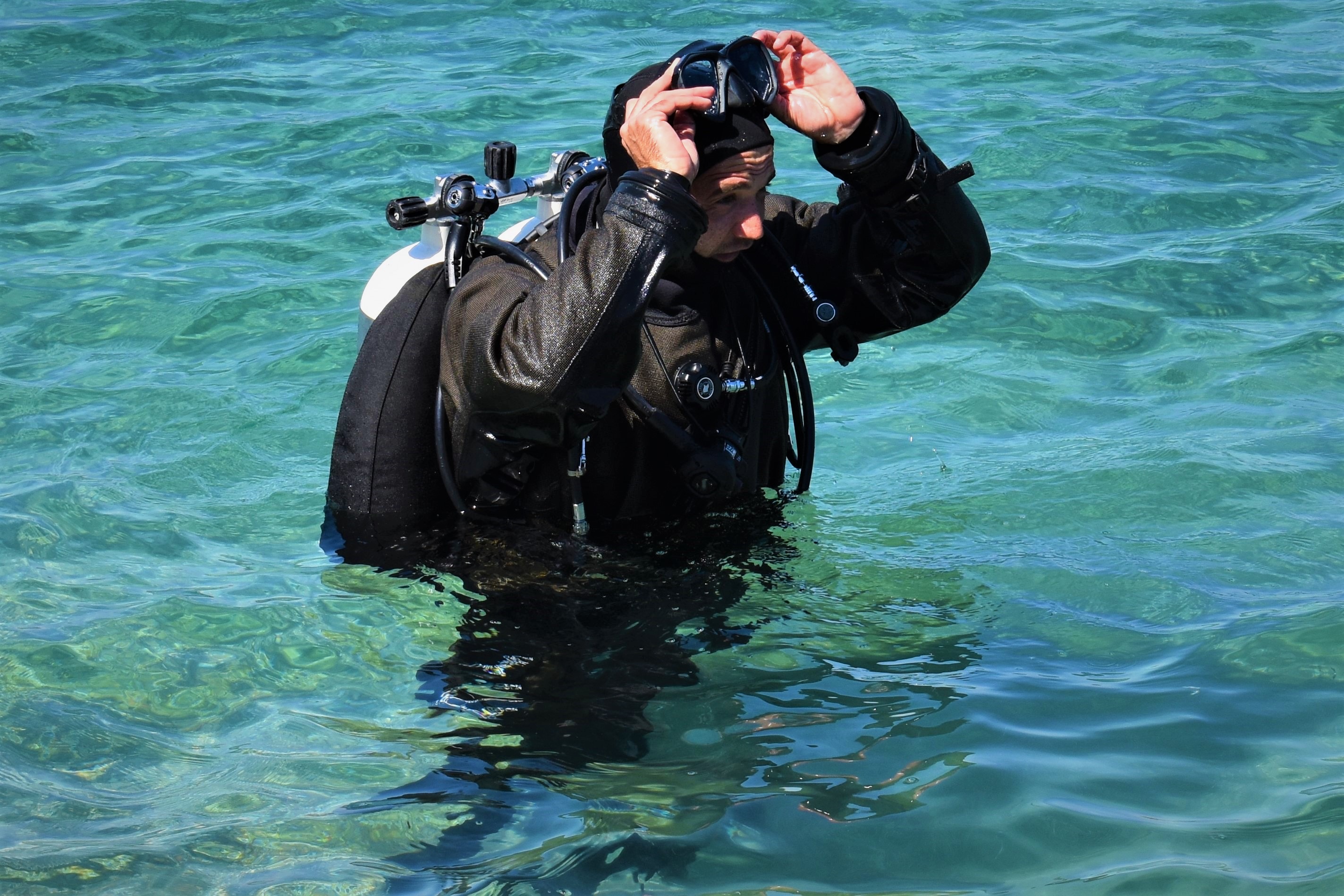May 22, 2023

To celebrate our 2023 Grant recipients, we will be spotlighting each of our winners in news stories on the AIA website. We have reached out to our winners to learn about their projects and about their experiences in archaeology.
We’re excited for you to meet Isaac Ogloblin Ramirez, one of the Kathleen And David Boochever Grant recipients for this year.
Kathleen and David Boochever Grant Recipient: Isaac Ogloblin Ramirez (he/him); The University of Haifa
What is your grant project about?
The Mediterranean sea has functioned as a liquid highway for animals and humans since prehistory. The earliest definitive evidence for the earliest known human occupation of Sicily is <16 ka. This estimate does not take into account submerged palaeocoast, and it is based on less than a dozen scientifically analyzed terrestrial sites.
The Early Occupation of Sicily (EOS) project focuses on tracing the timing and impacts of the initial human colonization of Sicily (Italy), the largest island in the Mediterranean basin. EOS has an innovative underwater approach that focuses on the exploration of the now submerged paleo-landscape between Italy-Sicily and Sicily-Malta. To this day, our knowledge of the submerged Palaeolithic landscape in Sicily, is reduced to five submerged caves identified by Von Adrian in 1878 and since lost to memory. In 2022, our underwater survey in Siracusa identified two additional submerged caves with archaeological remains and one possible paleosol (ancient soil where prehistoric anthropogenic remains are usually found).
The highlight of the season was the relocation of the partially submerged Grotta della Seggia (mentioned by Von Adrian), containing mid-Pleistocene extinct animal remains, and several layers with prehistoric and historic artifacts. Thanks to the Kathleen and David Boochever Endowment, we will document the remains in Grotta della Seggia and assess the threat to the archaeological deposits from sea encroachment. We will continue our survey of the submerged coastline of Siracusa to relocate the remaining four lost caves of Von Adrian and new sites never identified before.
Thanks to our innovative underwater micro-geoarchaeological survey method we will also be able to reconstruct past environments and provide new data on the nature of human impacts on ‘new’ ecosystems and the timing of changes codified in the concept of the ‘Anthropocene’.
How did you get your start in archaeology?
My passion for archaeology started when I was four years old after my first trip to Argentina. I was extremely curious about history and when I visited my family in the Amazon jungle, I was exposed to a different way of life. This triggered my initial questions about humans, shaping my approach to archaeology till today.
Where in the world has archaeology brought you (fieldwork, research, conference travel, etc.)?
I practiced archaeology in the USA, Israel, Greece and Italy from Middle Paleolithic sites to Second War World submarines.
What is one of the most memorable things that has happened to you in the field?
In my top memories of archaeology, I must mention my first ‘big find’ in underwater archaeology. I was walking on the beach when I observed a promising area. I decided to have a fast look and I identified different concentrations of olives.
How has the AIA contributed to your success/professional goals?
The Kathleen And David Boochever Endowment Fund For Fieldwork And Scientific Analyses allows me to be the Co-Principal Investigator for the first time. This grant gives me the opportunity to become an independent scholar.
Learn more about grant opportunities available through the AIA or reach out to our Programs and Professional Services Coordinator, Kati Albert at kalbert@archaeological.org.